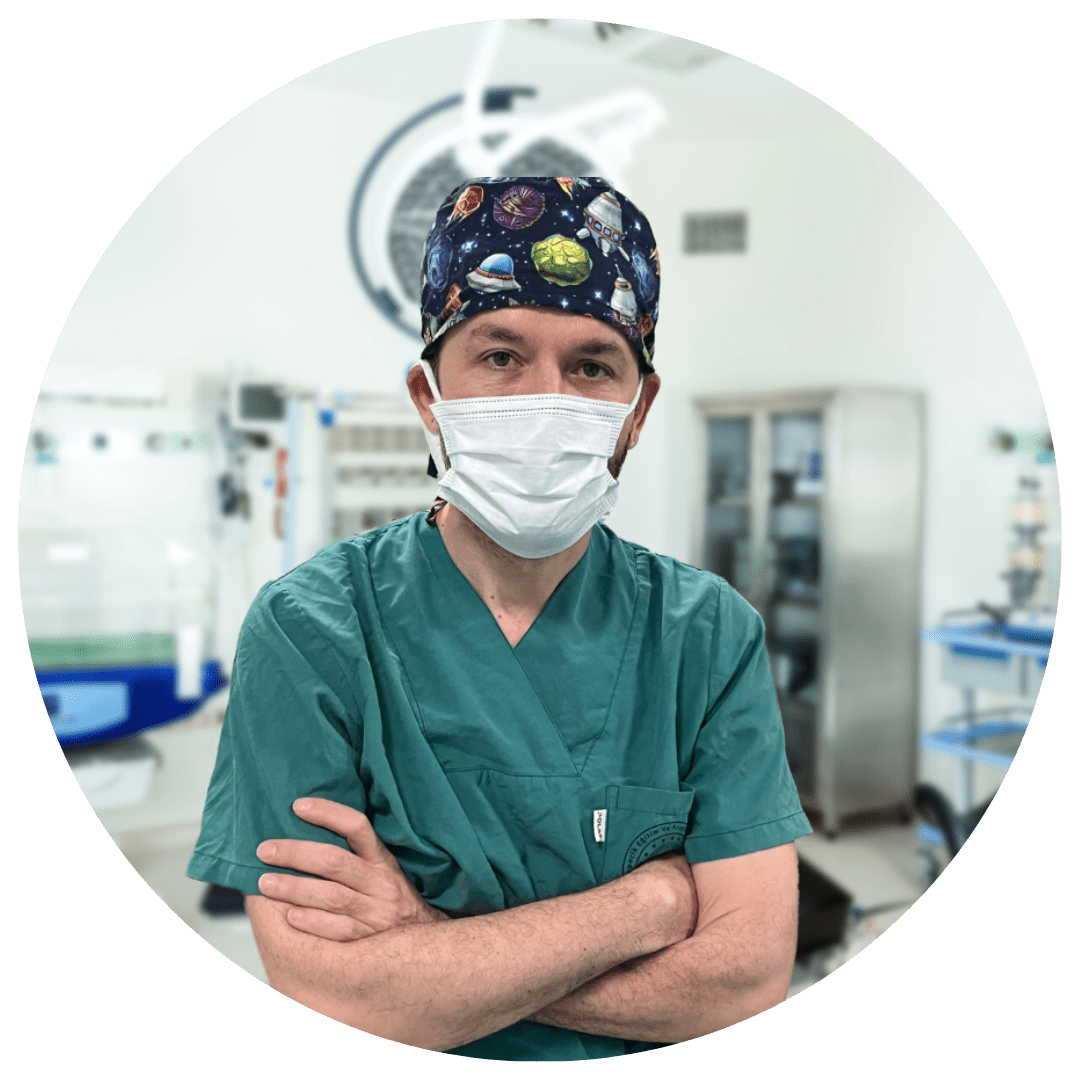- 3 October 2022
- Prof. Dr. Gökhan Koç
- Comment: 0
- Blog
Varicocele is a disorder caused by swelling of the testicular veins. If varicocele surgery is performed using microsurgical technique and by a specialist physician who knows how to apply this technique properly, it is unlikely that the person who has had this surgery will have a recurrence due to heavy lifting or any heavy exercise.
However, if varicocele surgery is a procedure performed only by opening the inguinal canal, it would be beneficial for the person to avoid heavy sports for a few months while the tissue in the incision site heals itself.
The possibility of any recurrence as a result of sports after varicocele surgery is only possible if it is understood that the varicocele continues and occurs over time due to insufficient surgery.
Doing heavy sports that strain the body can cause rupture of the muscles and tissues in the surgery area, which can lead to the formation of an inguinal hernia.
What are the harms of varicocele to the body?
The effects of varicocele begin in adolescence and its negative effects continue to increase over time. Varicocele can cause pain in the body, legs and groin area. It may cause a decrease in testosterone hormone. It may cause testicles to remain small during puberty. It can cause infertility.
What Causes Varicocele?
The testicles, which form in the child during the development process in the womb, are located in the same row as the kidneys and then descend downwards. In this process, they pass from the inguinal canal to the abdominal region and settle in the bag until birth.
Decrease in blood flow as a result of compression or pressure in the veins in the testicles affects testicular functions and causes varicocele formation in adolescence.
What are the Varicocele Types?
Varicocele is defined in 3 groups depending on the severity of the disease. These;
1st Degree Varicocele: It can only be felt during straining.
2nd Degree Varicocele: It can be felt without any force or strain.
3rd Degree Varicocele: It can be clearly noticed when viewed from the outside. It can be seen even while resting. This is the most serious dimension of varicocele.
What are Varicocele Treatment Methods?
Most individuals diagnosed with varicocele do not require treatment. Varicocele surgery can be performed on men who are in adolescence and have differences in testicular sizes.
Treatment methods include surgical ligation (connection of the vein) or percutaneous venous embolization (obstruction of the vein through a small incision). According to some studies, an increase in sperm count and infertility relief was observed after surgery.
Surgical ligation treatment method is applied in painful varicoceles. Varicoceles usually cause dull, painful left testicle pain. This pain occurs in the foot and disappears at rest.
In young men, first an evaluation is made to see if there is shrinkage in the testicles. Sperm analysis test is performed on adolescent males. If there is shrinkage and decrease in sperm values, surgical ligation or percutaneous venous embolization can be performed.
After the surgery, the shrunken testicle can reach normal testicular size and infertility can be eliminated.
Subclinical varicocele is a type of varicocele that can be noticed by ultrasound but cannot be detected by examination. In this case, surgical ligation or percutaneous venous embolization is not preferred because it does not provide treatment for sperm values. If the values are normal, the situation is evaluated by sperm analysis at regular intervals.
For adult men who may have infertility problems, it is important to follow up with sperm analysis. However, for adults who do not want children, testicle-supporting underwear and painkillers can be used to eliminate the feeling of pain.
Varicocele is a health problem that occurs especially in young people who have just entered puberty and has sterilizing consequences in later periods. For this reason, young and adult men who have differences in the size of their testicles and experience painful processes are recommended to consult relevant physicians.

Prof. Dr. Gökhan Koç graduated from Gazi University Faculty of Medicine in 2000. After his graduation, he worked as a research assistant in the urology clinic at Tepecik Training and Research Hospital for 5 years and became a specialist doctor in 2007. He currently provides services in urological surgery in İzmir.




